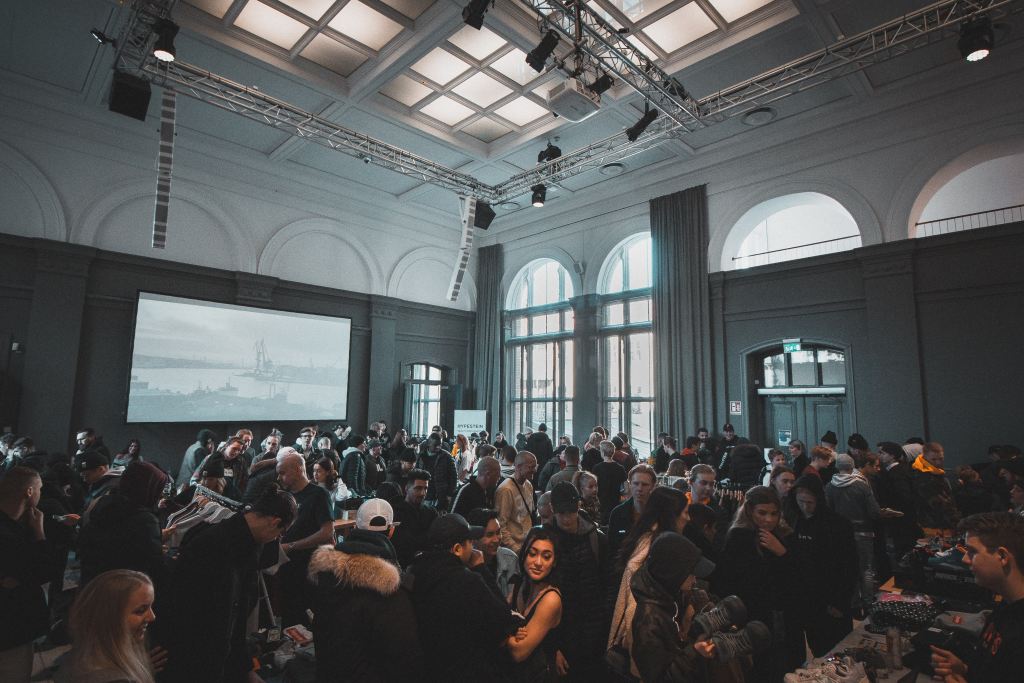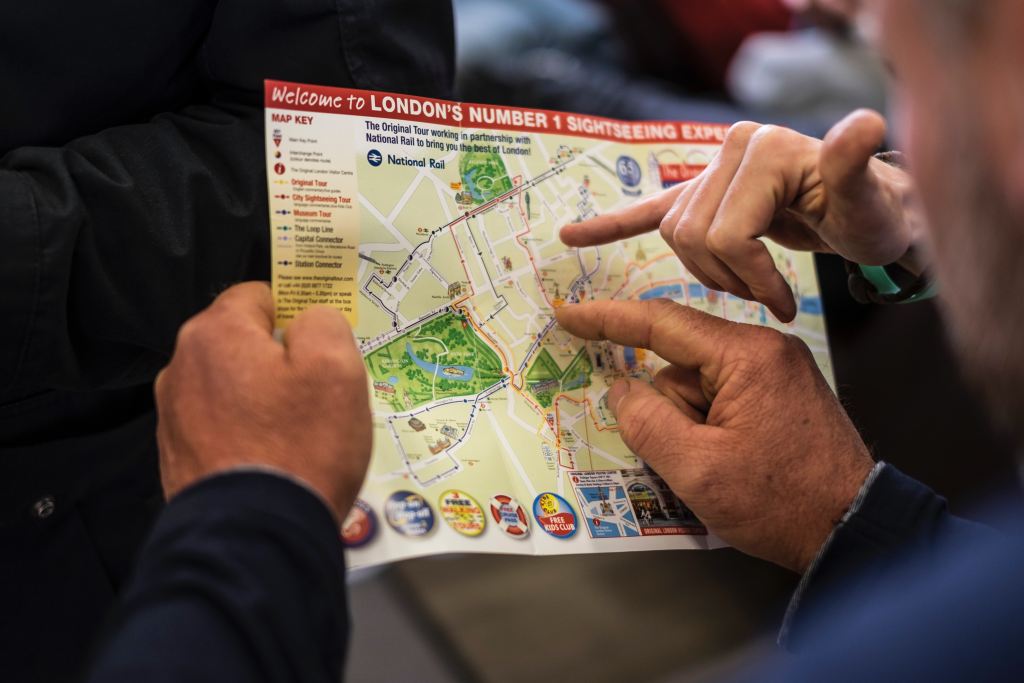
Photo by Jakob Dalbjörn on Unsplash
Remember back when I told you that I started my convention running career in 2009 after seeing some things and wanting to help change the game for my local anime con? I think I even mentioned that I started as the Facilities Liaison, a director level position that coordinated communication between the hotel and the event.
Well, there was a reason for that.
You see, back in 2009 I was working as the front desk manager for a small town hotel, roughly 70 rooms and 1 meeting space (technically 2 but the other was used for breakfast and was tiny). But the difficulties in managing a hotel scale pretty well in my opinion, and understanding how room blocks, event space and cost variance work for hotels turned out to be a super power few in fandom had. As I left the convention floor and went home to defend the staff and event on its forum, I began to realize that my knowledge was valuable.
And, it turns out, it might still be. So lets take a moment to discuss how room blocks, hotel booking and discounts work and apply it to fandom events.

Photo by Sebastian Herrmann on Unsplash
A Tale of Two Businesses
First and foremost, any convention, event, expo or meetup should be treated and run as a business. That means thinking of your attendees as customers, your volunteer staff as… charitable organization volunteers (you didn’t think I was going to say employees did you? Good heavens, do you want fandom to get in trouble with the IRS?) or at the very least think of yourself as a person who runs a business with the intent to be solvent. I wont say profitable, because not all events are out to make a profit, but it is important for any business to be self sustaining eventually, and your job as someone starting a business that is mainly a event production company is to make choices that get you to that sustaining mark.
With that said, any hotel you work with is going to be a business too, and their job is quite literally to be a solvent business that. makes. money.
Remind yourself of that any time you question why they are not negotiating with you more kindly, why they are not recognizing how important your event is to the community, and why they constantly want to talk to you about their towels (more on this another time). It’s because they are looking at you and your attendees in a risk/reward chart and gauging how much value you have for their business.
But take my word for it, you have value to their business. Even at 2000, 1000, 500 or less attendees, you can have amazing value. But the point is, you need to recognize the business relationship and not be intimidated by the cold and calculative nature of the transaction. Representatives of hotels can be sweet, friendly and very good at marketing their businesses value. You need to be just as good.
Remember your allies

Photo by Janis Oppliger on Unsplash
An event doesn’t get very far on its own. Even starting out with 100 attendees for a 1 day event, you have allies in the community who want you to succeed. These people are your local tourism, visitor board or chamber of commerce. Organizations in your town, county or state that have the soul purpose of cultivating community rich and attractive events from their youth into destination events that do their travel advertising for them. You want to be best friends with your local tourism board, because they actually want you to succeed at bringing more people into the area and making them look good.
And to do that, they have grants and apps and relationships they have built over a long time that trump ANYTHING your friend of a friend who knows the owner of the donuts shop down the street can do for you. The will elevate your negotiations, encourage more attractive contracts and most importantly teach you how to host an event in their area. But only if you ask and stay hungry for that knowledge.
Before you sign – imagine your time… line.

Photo by Cytonn Photography on Unsplash
Every contract you enter into limits your negotiations, so if you must enter into a contract, think 12 steps ahead to any other contracts you made need and think critically about how that contract will affect the others. If you book a cheap venue, will that limit your negotiations with the nearby hotel? If you have your event catered by a company you like, will they work with your venue? Does your venue allow you to bring in outside food or items for your attendees or VIP guests? If you book a certain venue, will that limit the content you can have, the hours you can be open? Will availability of dates attractive to you from a venue or hotel limit your choices and solvency?
If you haven’t considered these questions, or are about to negotiate a contract and are wondering what questions to ask yourself before signing a deal then you are not ready to sign. Take a step back and really think about the 2 year outlook, the 5 year outlook and event the 10 year outlook of your convention. What are you doing right now that will impact your event in the future and how can your choices stifle or flourish your events prosperity.
What do you think? Are you contract savvy, or do you still need help advocating for your event? Do you think fandom conventions deserve more help from the communities they inhabit to grow? Talk about it in the comments!
